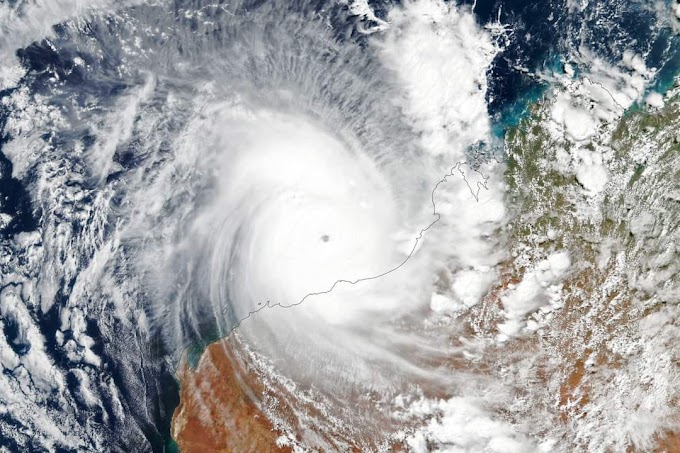Lowering your car insurance premiums can be just a matter of aging ...
Almost every US person who owns a car on a public road should buy insurance (unless you live in Virginia or New Hampshire *). Prices are full on the map, and for some of us, car insurance is a big bill.
How do you know if you're paying too much? What makes car insurance premiums go up? Let's take a look at some of the factors that affect the price of your car insurance.
(* In Virginia, you can pay $ 500 a year instead of buying car insurance. This allows you to use an uninsured car at your own risk, and it does not provide you.
In New Hampshire, car insurance is not compulsory unless you fall into a high-risk category - for example, if:
He was convicted of reckless driving
Someone who is prone to sin
He was convicted of leaving the scene of an accident
Re-applying for a suspended license
Error unverified)
1. You are under 25 years old
Inexperienced drivers are involved in many accidents.
2. You are young and you are a man
Boys are more likely to be dangerous drivers than girls. The Insurance Institute for Highway Safety says that boys are more likely to drive long distances and to behave in a dangerous way, such as driving under the influence of alcohol or speeding. Some states prohibit insurers from using gender in pricing policies.
3. Older and more feminine
The table turns and life goes on. The Consumer Federation of America found that women between the ages of 40 and 60 tend to pay more for car insurance, even if they have a complete driving record. There is no clear explanation for this, but it does happen with many insurance companies and a few districts. Not all car insurance costs women more - one of the reasons to buy when you are ready to buy policy.
4. You are not married
Married people have fewer risks. Your rate can drop the day you leave your honeymoon. Parking tickets are not reported on your driving record, so they do not interfere with your car insurance.
5. You get tickets
If you are prone to a moving violation, consider driving like a slow-moving grandmother for a while - your second ticket can cause a rate hike. Insurance will cover the first ticket late, usually for three years.
Parking tickets are not reported on your driving record, so they do not affect your car insurance.
6. You have made a mistake
Once a claim is placed on your insurance policy, you become a more expensive customer. Expect your prices to rise, at least temporarily. However, do not be afraid to speak to your insurance company after being involved in an accident. If you are not found to be at fault, your values will not be affected.
You must be eligible for the minimum amount after claims.
7. You are in serious debt
Automatic insurance checks your credit. Any data that makes you look dangerous is a red flag. If you have debts, debts, unpaid taxes, judgments against you, or a late payment history, you can pay more. Some states prohibit insurers from backing your credit rating.
8. Cancel insurance
If you cancel a car insurance policy before it expires, you may have to pay extra to get your next policy. Insurance providers offer premium deals to older customers.
9. Drive uninsured in the past
Driving a car without insurance makes you a risky customer.
10. Your catch is low
The deduction is the amount you must pay out of your own pocket before the insurer covers the claim. If you deduct $ 500 and file a valid $ 1,500 claim, you receive $ 1,000.
11. Your car is expensive to protect
Expensive cars and luxury cars are more expensive to get insurance than less expensive ones because the cost of repairing or replacing them is high. Small sports cars are involved in accidents more often than family sedans, so they come with higher premiums. Even if you only buy credit coverage, you will pay more
12. You have more coverage than you need
Consider the types of coverage you opt for. When a car is new, full coverage is appropriate. You wouldn't want to owe money on a car that's totaled in an accident. If you have a car loan, the lender will probably require full coverage until the loan is paid off. But if you're driving an older car with a lower value, consider dropping collision coverage, which pays for damages to your car when you are at fault.
Another factor to consider is the amount of coverage you carry. More coverage results in higher premiums. That said, lower coverage amounts can leave you financially exposed. Higher coverage limits offer peace of mind.
13. Your zip code
Some areas are more expensive than others. If you live where theft is more common or tornadoes happen every year, you might pay more.
14. You haven't asked for discounts
Contact your insurer to find out how you might bring your premiums down. Here are some situations that might make you eligible for a discount:
You're a full-time student with good grades
Your vehicle has OnStar, LoJack or another tracking device
Your vehicle has an anti-theft device
Low annual mileage
Multiple vehicles on the same policy
Multiple policies with the same insurer
15. You haven't shopped around
Insurance rates aren't set industry-wide. Call a few providers and ask for quotes.
It's you -- and it's them
Auto insurance rates are a dance. To keep costs low, it helps to keep your record clean, choose your coverage carefully, and avoid claims. Theoretically, the insurer should give you any discounts you're eligible for and periodically review your policy and rate. In reality, some insurance companies are not proactive about giving you the lowest price you qualify for. So take the reins, ask lots of questions, and be assertive about getting the lowest possible rate on your car insurance.
Ensure you are selecting the right car insurance coverage
Auto insurance is something that most people don't think about very frequently. While there are several factors that drive people to look to change auto insurance carriers, it is important to educate yourself in order to ensure you select the right coverage for you. The right coverage means not paying for coverage you don't need and not foregoing coverage that would make sense for your personal situation. While price is a major factor, we also consider other factors such as customer service and the claims process when choosing what we think are the best auto insurance providers.











